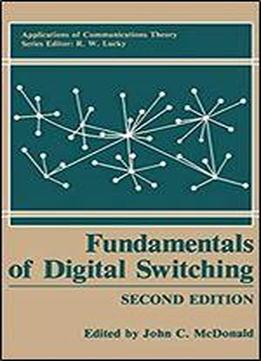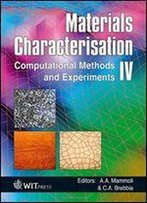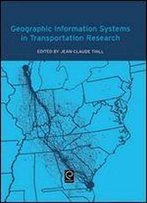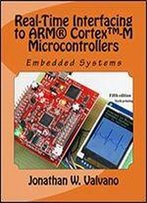
Fundamentals Of Digital Switching (applications Of Communications Theory), 2nd Edition
by John C. McDonald /
1990 / English / PDF
11.5 MB Download
Since the publication of the first edition of Fundamentals of Digital Switching in 1983, there has been substantial improvement in digital switching technology and in digital networks. Packet switching has advanced from a low-speed data-oriented switching approach into a robust broadband technology which supports services ranging from low-speed data to video. This technology has eclipsed the flexibility of circuit switching. Fiber optic cable has advanced since the first edition and has substantially changed the technology of transmission. to research in optical devices to find a still better means of This success has led switching. Digital switching systems continue to benefit from the 100-fold improvement in the capabilities of semiconductor devices which has occurred during the past decade. The chip industry forecasts a similar escalation in complexity during the next 10 years. Networks of switching systems have changed due to regulatory policy reform in many nations, including the breakup of the Bell System in the United States, the introduction of new types of carriers in Japan, competition in the United Kingdom, and a reexamination of public policy in virtually all nations. Standards bodies have been productive in specifying new capabilities for future networks involving interactive and distributive services through STM and A TM technologies.











